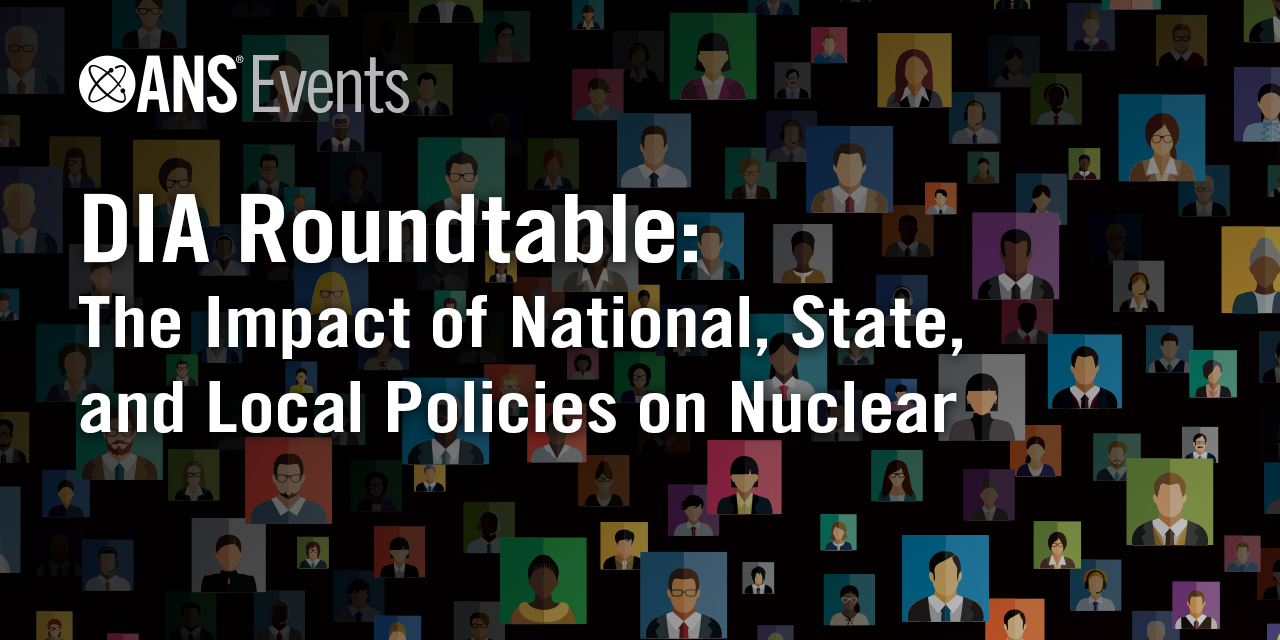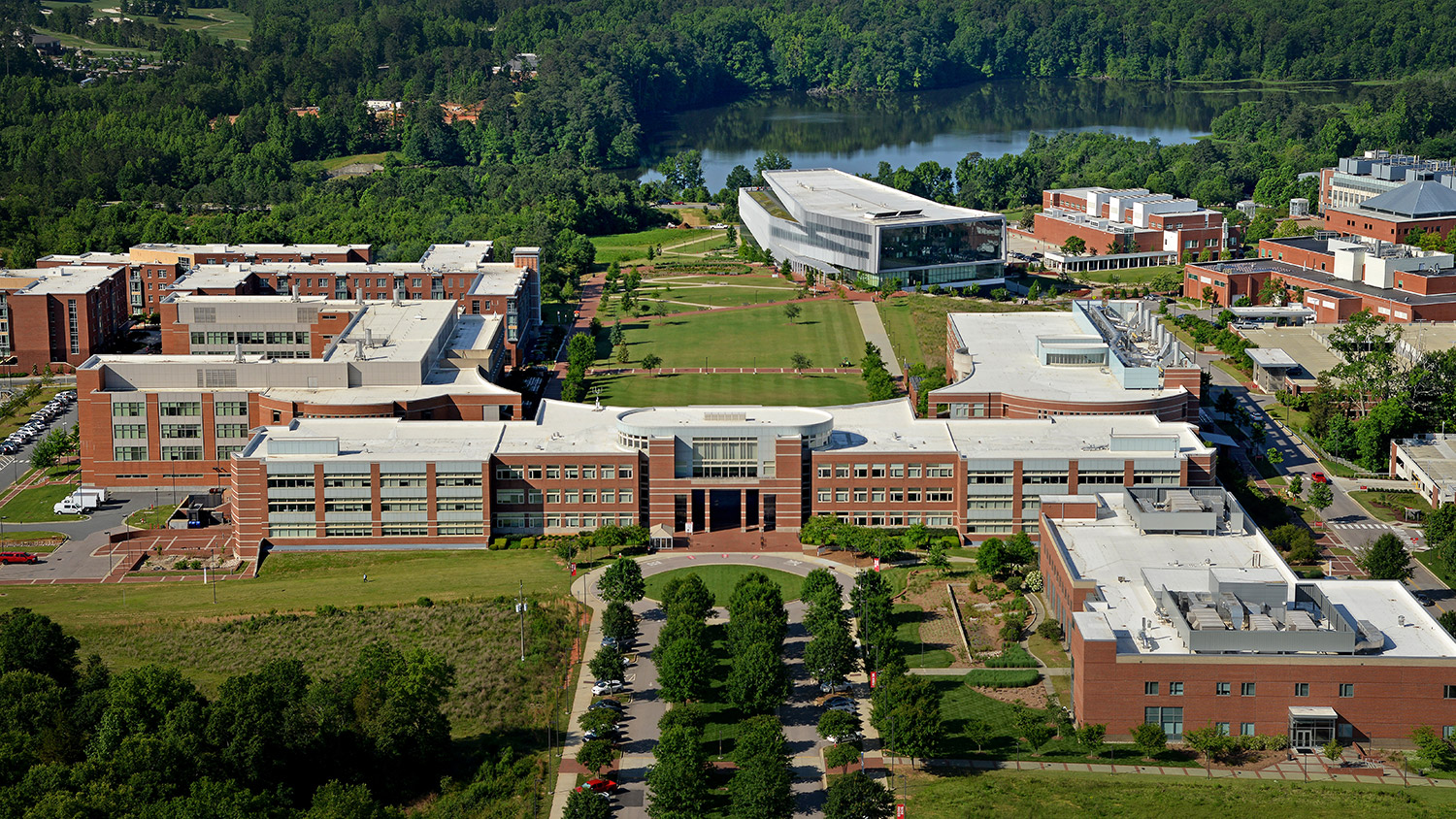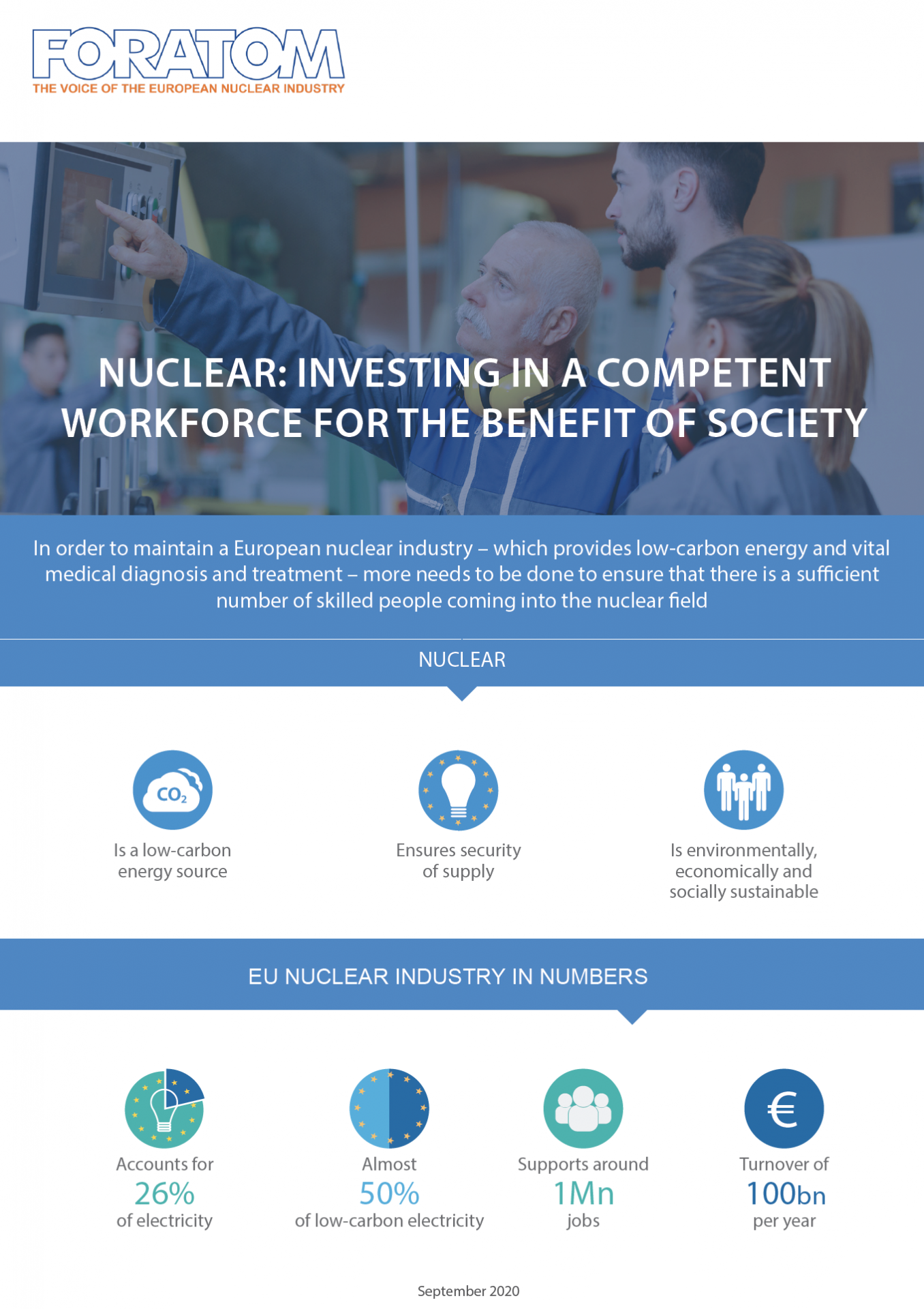U.S. principal deputy assistant secretary of state for international security and nonproliferation Ann Ganzer (right) with Nii Kwashie Allotey of the Ghanaian Nuclear Regulatory Authority (center). (Photo: U.S. Embassy in Ghana )
The U.S. Embassy in Ghana last week announced $1.75 million to support establishing the West African nation as a small modular reactor regional training hub and center of excellence for the sub-Saharan African region.
The project is backed by the Foundational Infrastructure for Responsible Use of Small Modular Reactor Technology (FIRST) capacity-building program, in which Ghana has participated since 2022.
NCSU: Site of the 2021 ANS Student Conference
North Carolina State University was finally able to host the ANS Student Conference, April 8 to 10. After the 2020 event was canceled due to the global coronavirus pandemic, the 2021 version is being held virtually for the first time.
The conference's opening session is available for registered attendees to view online.







 The European Union’s education and training policy must do more to ensure that the nuclear sector has a sufficient number of people with the right skills, according
The European Union’s education and training policy must do more to ensure that the nuclear sector has a sufficient number of people with the right skills, according